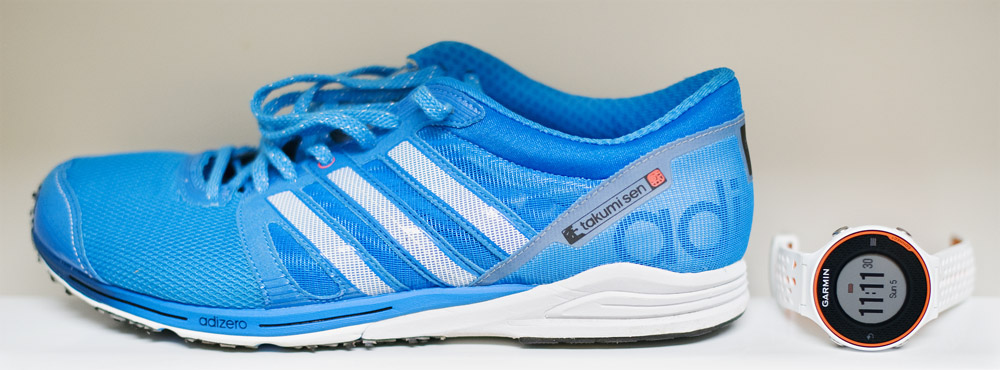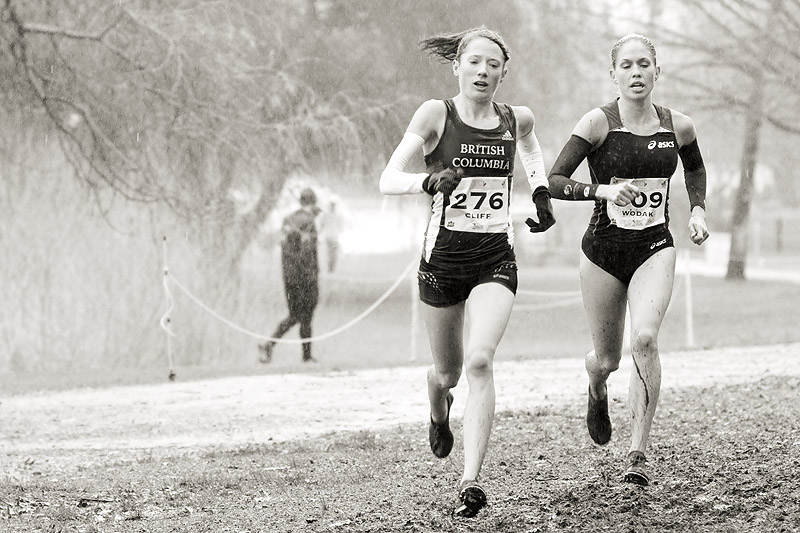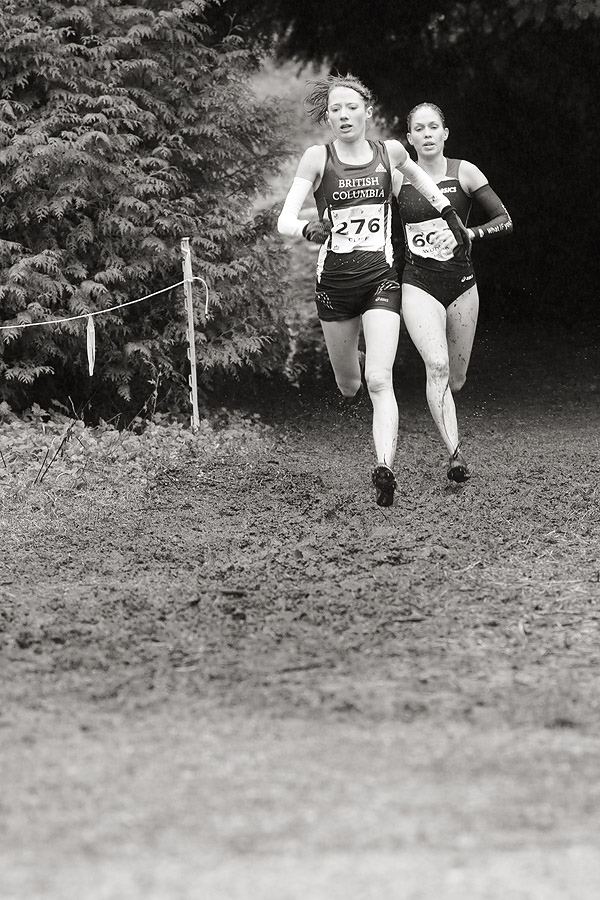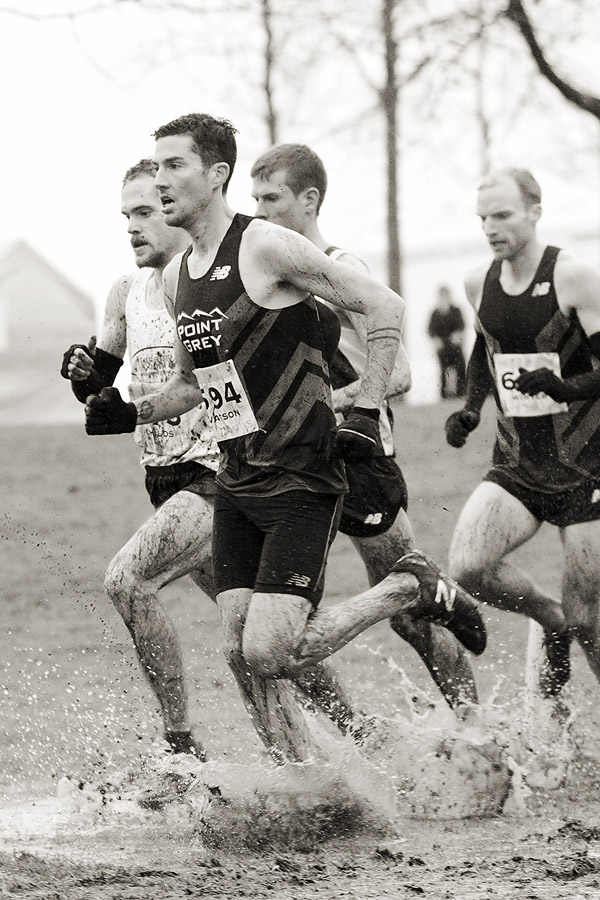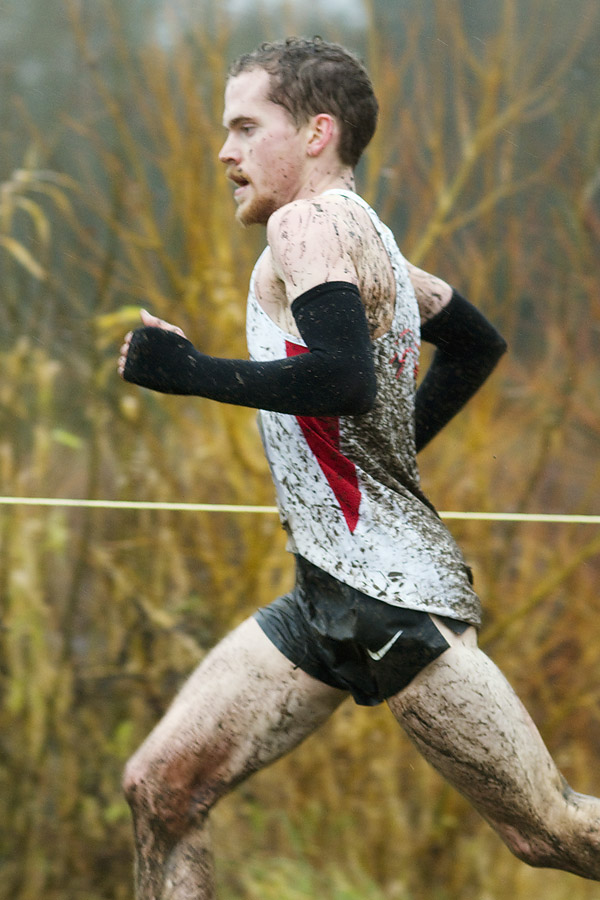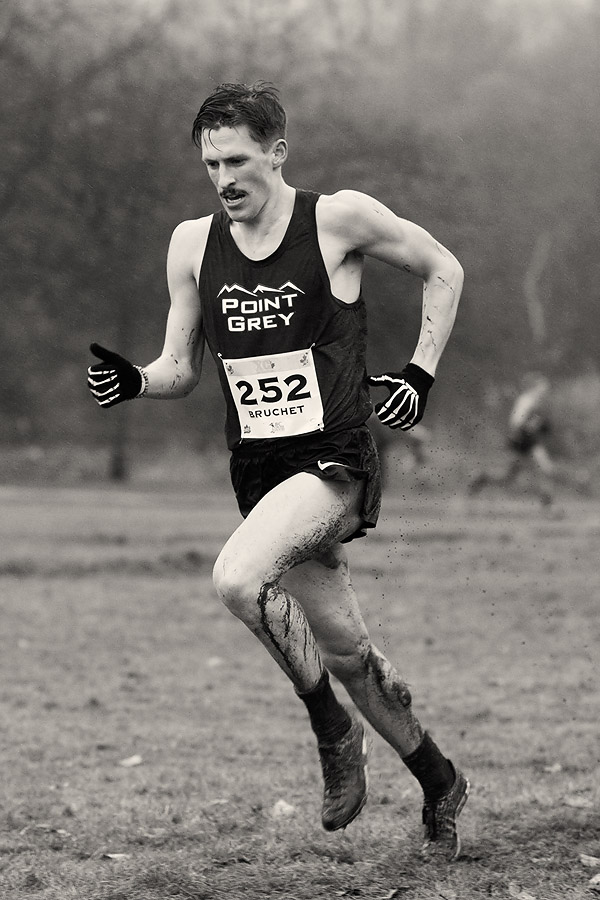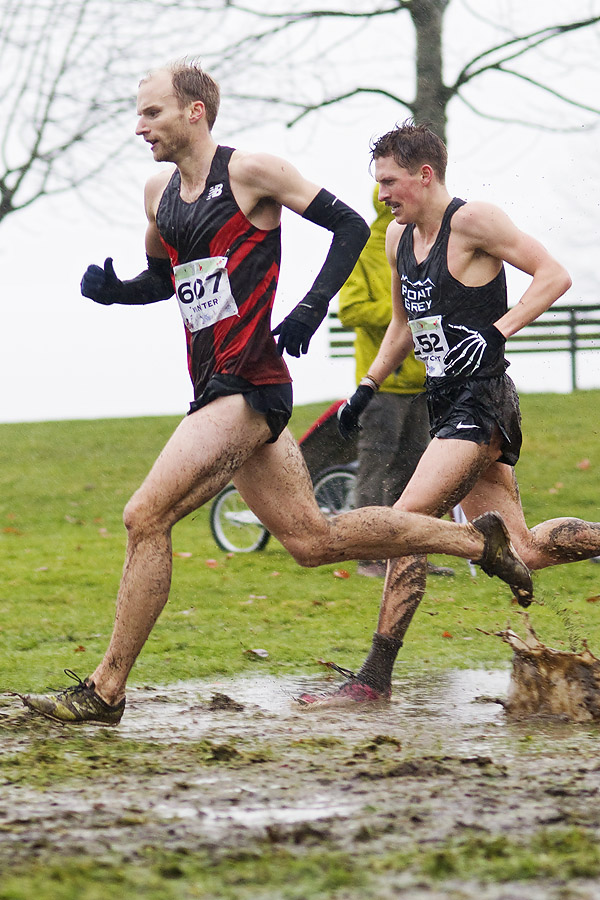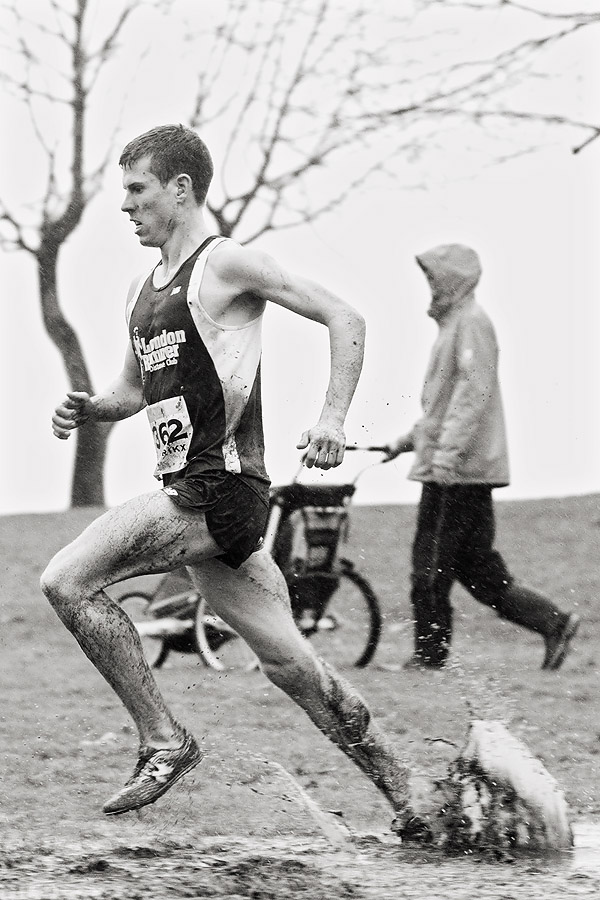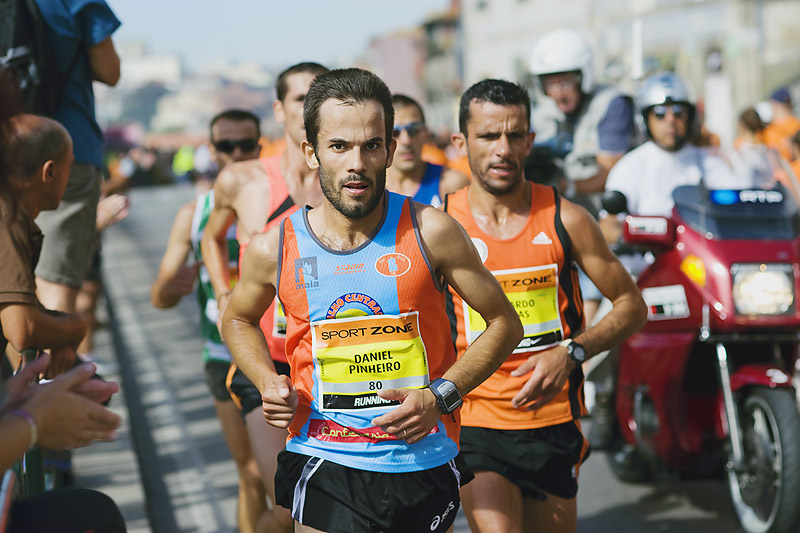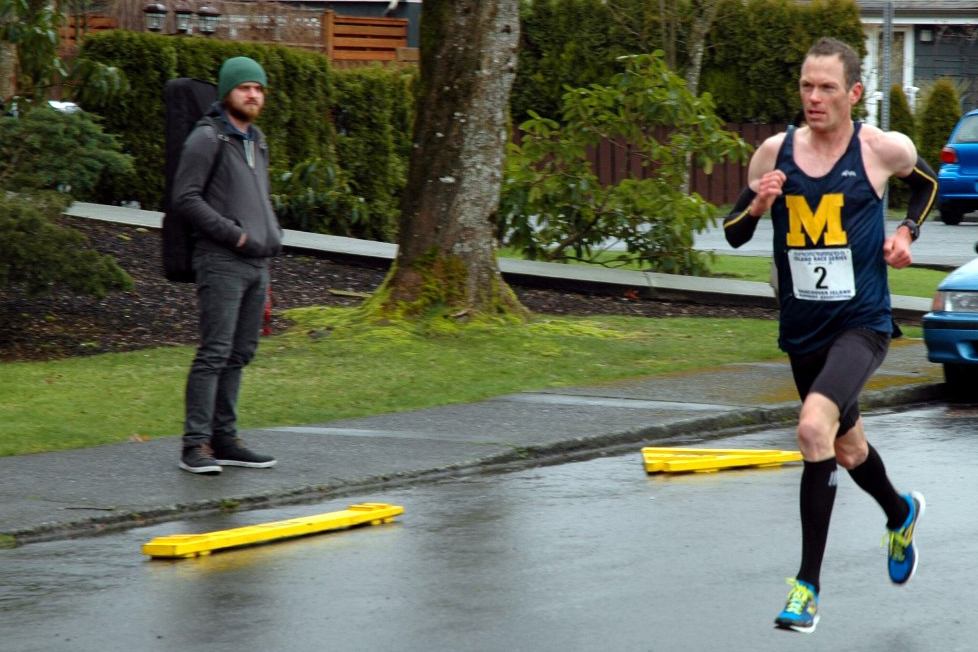 The truth is, I am selfish. I can defend it because I know it takes a certain amount of selfishness to become an elite athlete. To become an elite anything. A chess player. Magnuss Carlsen practiced 3 to 4 hours a day when he was young. Young. Five years old. At 18 he became the youngest ever to be ranked number one in the world. Four years later, now 22, he is World Champion, defeating Anand in Anand’s sweltering India 6.5 - 3.5. Already he has the highest recorded ELO chess rating in history.
The truth is, I am selfish. I can defend it because I know it takes a certain amount of selfishness to become an elite athlete. To become an elite anything. A chess player. Magnuss Carlsen practiced 3 to 4 hours a day when he was young. Young. Five years old. At 18 he became the youngest ever to be ranked number one in the world. Four years later, now 22, he is World Champion, defeating Anand in Anand’s sweltering India 6.5 - 3.5. Already he has the highest recorded ELO chess rating in history.
I started running when I was ten. Maybe even younger, I can't recall. Ten is my earliest memory. It was when I began creating an identity through running. I came from footie. Outside right, at that age. A striker. In the second half when the defenders lagged, I could sweep tirelessly past them. It was a natural grooming. I was encouraged to join a track club, where I tried all the disciplines and discovered I couldn't grunt loudly enough to be a shot putter and couldn't sprint quickly enough to capture the flag, but I could run distance.
I became a runner at a selfish age. At an age when everyone is too young to be anything but solipsistic. I was also competitive. When running didn't go my way I got frustrated and punched holes in my bedroom walls. Over the holes I pinned a calendar on which I recorded my heart rate every evening before bed and every morning on waking.
After some moderate racing success I started tying my dreams to running, and then I tightened the knots.
I started feeling really low if I had a bad race. After particularly awful ones I threw my spikes into the high branches of trees. My mum drove home in silence from those races while I stared out the car window. Two hours home from Toronto to London, my mum with both hands on the steering wheel while the muscular trucks of the 401 buffeted our car, and me staring out the passenger side letting my emotions cascade until they became thoughts I could make sense of.
I wanted to quit the sport. But I also loved running and instead of quitting I went to my room and raced marbles on two parallel race tracks, down one wall and across the floor and up the other wall, and back. It was a type of meditation. It relaxed me. The humming of a marble on the track. The sound it made when the run was clean. The orange track and the hum of the marbles and the silence of a quiet street. Sometimes a snowfall, and the sound of the heat coming up through the vents. I went to my room knotted with frustration, and I emerged mollified.
When I ran well I was ebullient, recapping the race over again from different perspectives. From my perspective of how good I felt. From my opponents'; the moment their breathing started to labour, or how I discovered their weaknesses during a race and struck hard.
It must have been difficult for my mum. It must have been brutal on her, yet in a week's time she drove me to my next race. She hadn’t forgotten the week before, but she pretended like she had.
And so there’s something about the running itself that turns me selfish. Those grooves are smooth in me. I've done it for so long, and from such a young age, that even now when I have a awful race or when my body feels defeated I fall right back into those well worn tracks. I become self-absorbed. I fight for it, and when I feel I'm losing it I fight blindly. I stop seeing outside myself.
I respond differently when I can't run at all. In some ways I have matured. When multiple sclerosis takes my legs from me and I can't walk, and this has happened twice, I do other things. I seem to be able to accept losing running when competing isn't possible. I look outside of myself. I become more graceful. I try to find ways to create beauty, partly because I enjoy doing this, but mostly to make others happy. I want other people to feel. It happens the same way artists paint: If it doesn’t come bursting out of you... Sometimes it’s impossible to keep it contained, and so in a way I suppose the great show of it is partly for me, this need to express myself, but the essence of it is about creating beauty, a beauty sometimes scintillate and sometimes burning to nothing, but a beauty nonetheless, manifest in the readers as emotion. Maybe it's because I started doing these things later in life. Writing, photography. Maybe I haven't been selfish about these things because I didn’t ever attach any of my identity to them. I enjoy my time with these expressions, but I don't panic if I can't master them. Running isn’t like that. Running has always been about me. I don't run because I want others to appreciate human movement. I do it because I have so much of my identity wrapped up in it that it’s frightening to think about stopping; I don’t know how to run in a way that’s any different from how I’ve always run, which is evaluative and competitive and goal-driven. If I have to let it go, when I am too unwell to run, I can do this. It's the purgatory. The middle ground when I can run but can’t run easily. Then I feel rudderless. I love it, yes, and I hope I don't have to ever let it go permanently. On the days when it flows, those feather and rocket days which so few feelings rival, I suddenly stop being self-absorbed. I escape from the grooves of selfishness and pity and depression. When running is right, I relax and can see outside of myself. When it is wrong, I am blind and I am carrying the weight of 30 years of dying dreams.
In July I met a lovely woman. We started exploring trails together. We ran Channel Ridge on Saltspring. We ran Elk and Beaver lakes a few times, and twice we ran at Thetis. We got lost together on a run after leaving the main trail. We passed a woman. Going for a second loop? the woman asked. We looked at each other, eyebrows arched. Thrice we popped out on the same flat stretch the furthest reach from where we began. Three different trails leading to the same spot. After the third time we laughed until our legs got weak and we had to walk. Finally we found a path to get us back. It wasn't yet dark. Overhead the birds sounded prehistoric. Lindsay was moving quickly. She was light on her feet. She flashed through the trees ahead of me and I had to sprint to catch her.
In October I raced the Victoria half-marathon in 1:09:47. My slowest ever time for the distance. I don't know what went wrong. Usually I'm good at the forensics but I didn't have any way of understanding that race. It was nearly three minutes slower than my time in March of this year. Nearly two minutes slower than my estimated fitness. Sometimes when I catch a cold the electricity in my body gets cut. I lose all power. It didn’t used to be this way. I used to lose a couple of seconds each kilometer. Now I lose fifteen seconds. Is it the Multiple Sclerosis? I don’t know. When my immune system kicks up I get in trouble.
After the Victoria half-marathon I slipped back into the furrows of solipsism. With this disease, with MS, I don't ever know if depression is from my thinning myelin sheath and my unprotected nerves, and so my unprotected emotions, or if it's circumstantial. I started feeling sorry for myself. How is this even possible? That I am 41 years old and can still be so affected by a race. I watched a woman I love die from cancer. I was diagnosed with multiple sclerosis. My girlfriend's mum had a heart attack and passed away. Then my girlfriend and I broke up. All of this happened over 18 months. There were other things in there, too, really unpleasant stuff. How myopic must my vision be, when a race still affects me like it does. Yet it does. Thirty years of laying the neural pathways. It’s hard to free myself from race goals, from the expectations I have of myself and those I feel others have of me.
It is enough that I feel limited in my own life because of this. It affects others, too. It’s harder on those who love me than it is on me. My mum and my younger sister Maggie who have been at many of my races. They hope this one goes well. They huddle in snow, stand in rain, get scorched in summer heat watching and hoping I run up to what I feel capable of. If it goes well, we can enjoy ourselves after. Laughter, which is as much an expression of relief as enjoyment. If it is a disaster, I am sullen, and can be for days. I feel the same as if there was an infidelity. Running has been unfaithful to me. My body has been unfaithful. I shut down the way those who live in the tropics prepare for a storm, latching the shutters, battening the hatches. I close off like a hurt lover. For some, it can be decisive; those who haven’t been through this with me and those who don’t understand my reaction. I’m not fun to be around.
I have started meditating. I did it in the past and have begun again. From March until now, nine months, my running has felt good for only six weeks. The last time I ran well was in July. I am searching for different ways to experience running. Meditating while running, trying to stay focused in the moment. Trying to not get snagged in my history and all the attachments I have to running, all of the hopes I had and still have. I'm trying to enjoy it for its own sake, because it is a beautiful activity. It is a meditative and sexy and smart activity. Is it sexy? I don’t know. But running does more to develop the brain than thinking.
I’ve been with running for 31 years. There’s the complexion of a romantic relationship between longtime runners and running. My Mistress, is the sobriquet Olympic champion Toshiko Seko gave the marathon. In Ann Patchett’s latest book her friend counsels her on a suitor: Does he make you a better person? Are you smarter, kinder, more generous, more compassionate, a better writer? Does running make me a better person?
This is the question.
Book 23:
The Circle - Dave Eggers
A possibly frightening look at social media and our insatiable need for information and knowledge. Fiction.
Book 24:
Levels of Life - Julian Barnes
Split between balloon flight and stories of love, I became fully engaged when he started writing about his own life.
Book 25:
This Is The Story Of A Happy Marriage - essays by Ann Patchett
